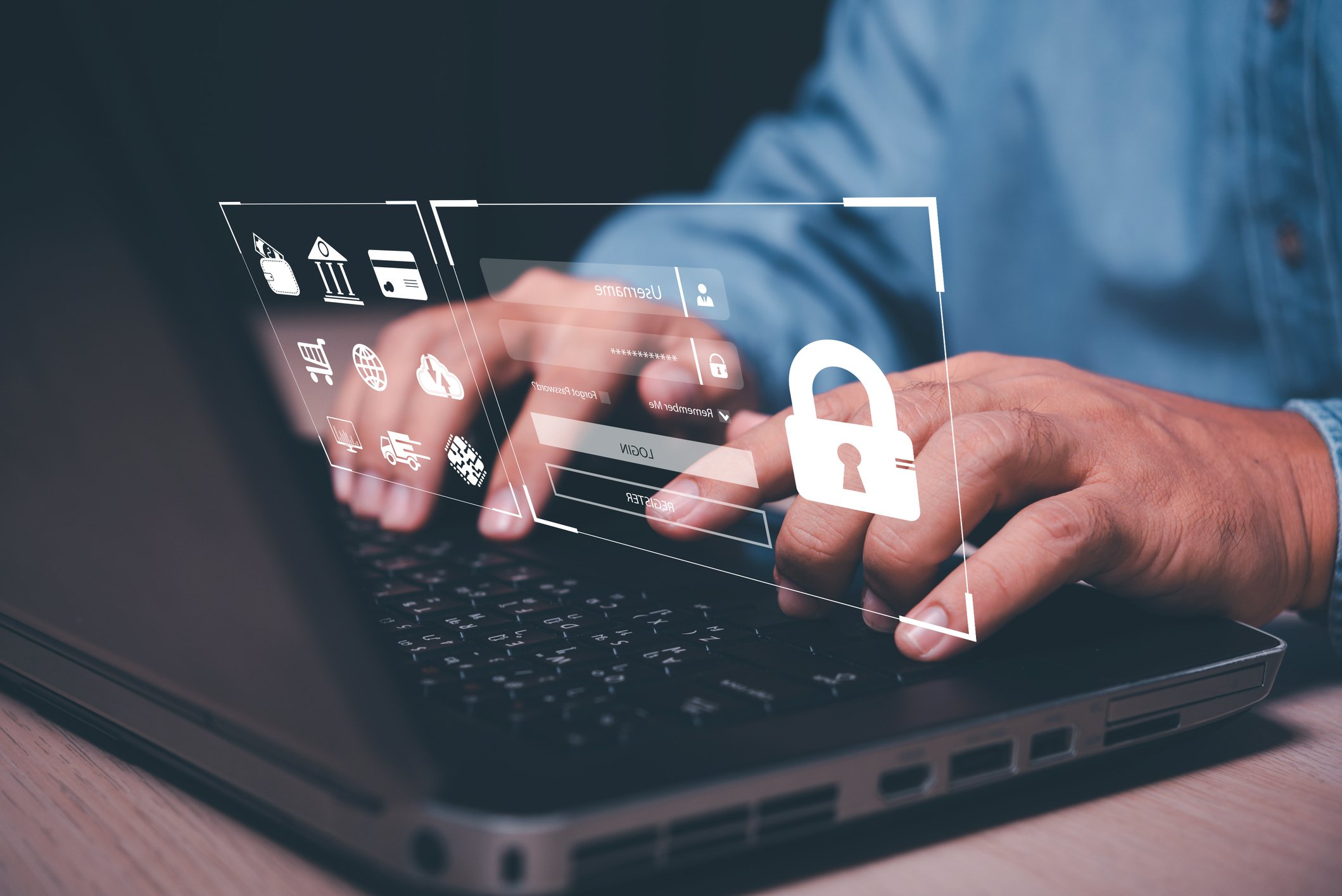Online banking has made managing your finances easier than ever — whether you’re checking your bank account balances, paying bills, or transferring funds on the go. With new digital tools and convenient features, now is a good time to refresh your personal cybersecurity habits.
At Heritage Bank, your safety comes first. Our updated digital banking platform is built with advanced security in mind, but strong protection also depends on you. Here are five cybersecurity practices every customer should follow to keep their accounts safe.
1. Watch Out for Phishing Scams
Phishing is one of the most common ways criminals try to steal your information. These scams often come in the form of emails or texts that look like they’re from your bank, asking you to click a link or share personal details.
What to do:
• Double-check the sender’s email or phone number.
• Never click on links or download attachments from suspicious messages.
• When in doubt, contact Heritage Bank directly, using the number on our website, not the one in the message.
2. Use Strong, Unique Passwords
Weak or repeated passwords are like leaving your front door unlocked.
Best practices:
• Use at least 12 characters with a mix of letters, numbers, and symbols.
• Avoid using the same password across multiple accounts.
• Consider using a password manager to safely store and generate strong passwords.
3. Enroll in SecureAlerts
Staying informed is one of the best defenses against fraud. Heritage Bank’s SecureAlerts let you know right away when there’s activity on your account — helping you catch unusual transactions early.
With SecureAlerts, you can:
• Get real-time notifications for purchases, logins, or balance changes.
• Customize which alerts you receive and how (email, text, or both).
• Act quickly if something doesn’t look right.
You can set up SecureAlerts through digital banking in just a few minutes.
4. Keep Your Devices Secure
Your phone, tablet, or computer can be an entry point for hackers if not properly protected.
Tips:
• Install software and security updates regularly to patch vulnerabilities.
• Use antivirus software and firewalls.
• Be cautious when logging into online banking over public Wi-Fi — these networks may not be secure. Use your home network, cellular data, or a trusted VPN instead.
5. Monitor Your Accounts Regularly
The sooner you notice suspicious activity, the faster you can stop it.
Check your accounts often:
• Look for unfamiliar transactions.
• Set up SecureAlerts (see above) for faster notifications.
• Report anything unusual right away to Heritage Bank.
What to Do If You Suspect Fraud
If you think your information may be at risk:
1. Call (859) 869-2999 or contact your local branch immediately.
2. Change your passwords.
3. Monitor your accounts closely for any unusual activity.
FAQs on Online Banking Security
Q: Is online banking really safe?
A: Yes, especially when you follow best practices like using strong passwords, keeping your devices updated, and setting up account alerts.
Q: How can I tell if an email is really from Heritage Bank?
A: We will never ask for your password or Social Security number in an email or text. If you’re unsure, call us directly using the contact information on our official website.
Q: What should I do if I click on a suspicious link?
A: Close the site, run a virus scan, change your passwords, and contact Heritage Bank if you believe your banking information may have been exposed.
Your Security Partner
Protecting your finances online is a shared responsibility, and Heritage Bank is here to help. From our enhanced digital banking platform to real-time SecureAlerts and dedicated fraud monitoring, we’re committed to keeping your information safe.
Stay alert. Stay secure. Bank confidently with Heritage Bank.



